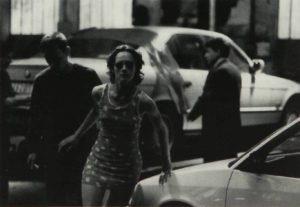
Search Results for: Top CV0-004 Reliable Test Test - Useful Materials to help you pass CompTIA CV0-004 🤿 Search for ▶ CV0-004 ◀ on ▛ www.pdfvce.com ▟ immediately to obtain a free download 🍴Practice CV0-004 Questions

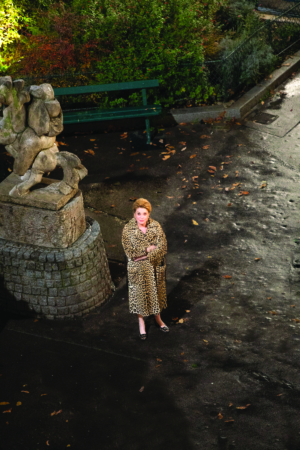
Beyond Borders: Translation and Cultural Authenticity in Hirokazu Koreeda’s The Truth
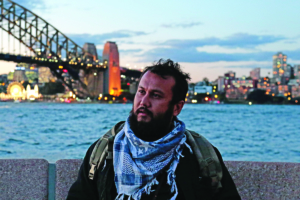
All Talked Out: Mental Health and Masculinity in Genevieve Bailey’s Happy Sad Man
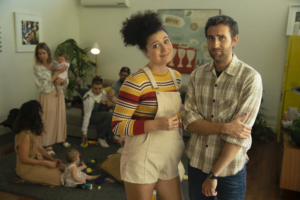
Mum’s Not the Word: Identity and Autonomy in Curtis Vowell’s Baby Done
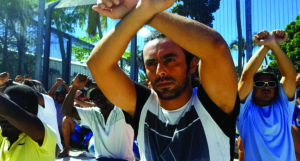
Into the Void: Stop the Boats and Refugee Activism on Screen
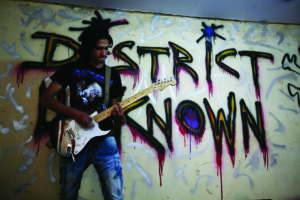
Howls from the Underground: Persecution, Protest Music and Travis Beard’s RocKabul
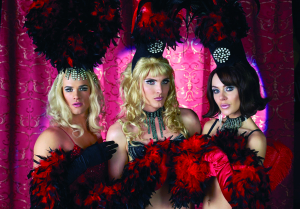
After Priscilla: The Queer Screen Twenty-one Years On
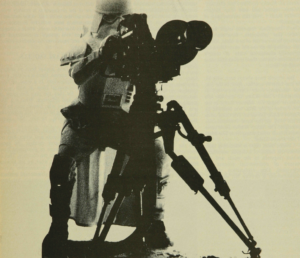
Empire Strikes Back
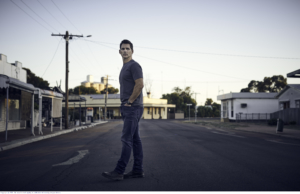
Dry Fidelity: Robert Connolly’s The Dry and Big-screen Crime Adaptation

The Cost of Country: Capital and Ownership in Undermined: Tales from the Kimberley
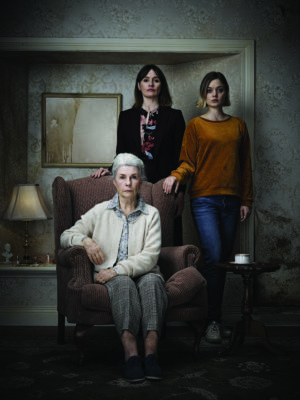
House of Horrors: Ageing and Loss in Natalie Erika James’ Relic
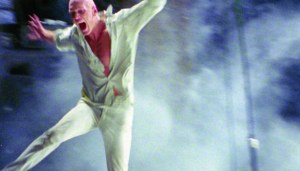
Power and the Personality: Ray Argall’s Midnight Oil: 1984
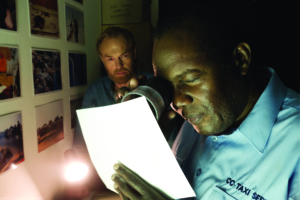
The Lingering Melodies of Trauma: Ben Lawrence’s Hearts and Bones

Shoot First, Ask Questions Later: Selina Miles’ Martha: A Picture Story
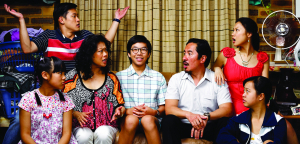
Comedy Is Kin: The Family Law and Diverse Television
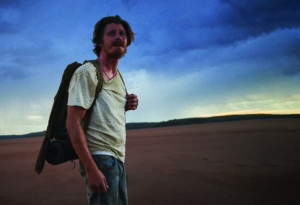
Alone Together: Gregor Jordan on Adapting the Intangible in Dirt Music
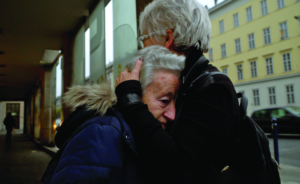
History Is Never Finished: Trauma, Revolution and Reconciliation in Peter Hegedus’ Lili
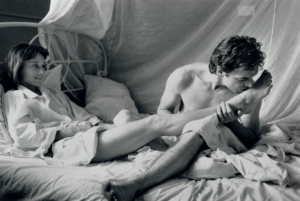
Finding the Rhythm: Ambition and Responsibility in Dingo
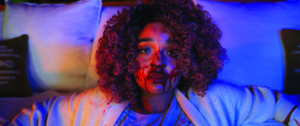
Bad Influence: Hannah Barlow and Kane Senes on Balancing Horror and Social Media Satire in Sissy

Loved Back to Life: Hope, Community and Policy Failures in Life After the Oasis
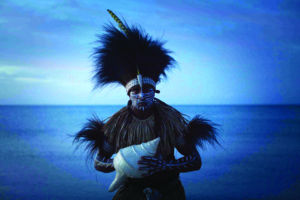
Cinema for Claustrophiles: Virtual Reality at the Adelaide Film Festival and Beyond
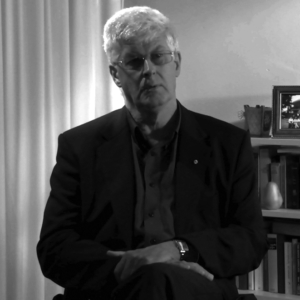
Kitchen Nightmares: What Into the Shadows Says About the Local Film Industry
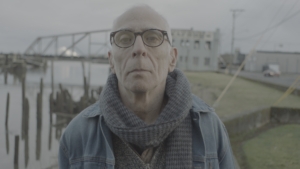
‘Enter My House Justified’: Amiel Courtin-Wilson’s Man on Earth and Assisted Suicide on Screen
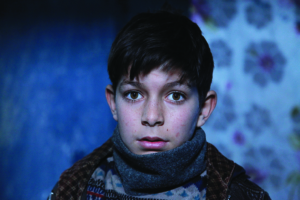
Hidden Forces: Childhood, Commerce and Cost in Granaz Moussavi’s When Pomegranates Howl
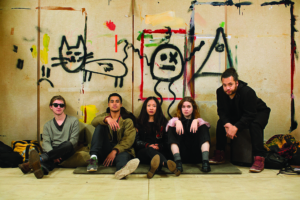
Live Performance: Acting and Adaptation in Alison Maclean’s The Rehearsal

Out of Breath: Timely Issues and Old Gender Tropes in Seth Larney’s 2067
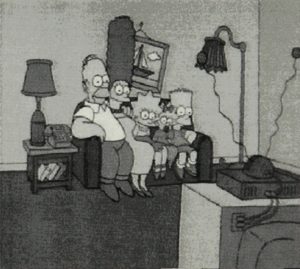
The Simpsons: Culture, Class and Popular TV
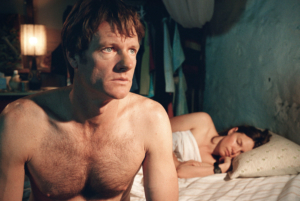
Kino Therapy: Cinema Cancer and Look Both Ways

In the Company of Men: Fictionalising Misogyny in Kitty Green’s The Royal Hotel
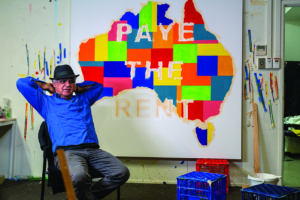
First Person Plural: Art and Provocation in Larissa Behrendt’s You Can Go Now
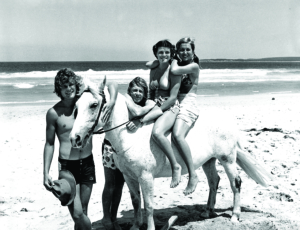
Frozen in Time: Puberty Blues Forty Years On
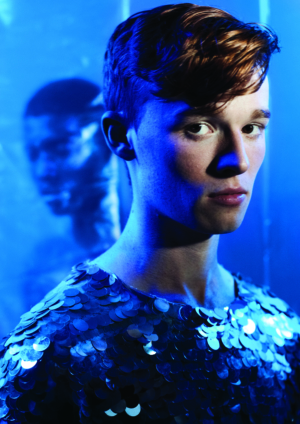
Lust in Space: Teenage Queerness and Connection in Samuel van Grinsven’s Sequin in a Blue Room

Sweet Surrender: Damon Gameau’s That Sugar Film

Cinema Science: Cracking the Code of The Matrix
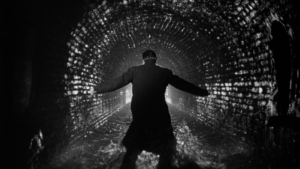
Film Appraisals
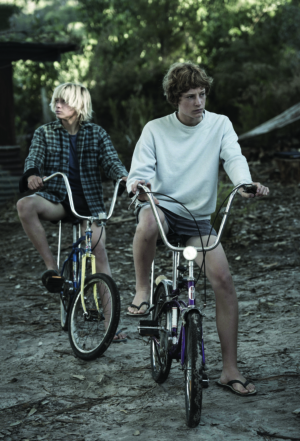
Muddied Waters: Risk and Reflection in Simon Baker’s Breath

The Price of Fish: Slavery and Social Responsibility in Rodd Rathjen’s Buoyancy
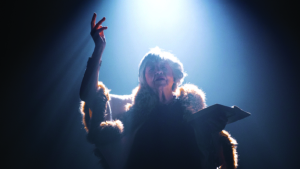
For Whom the Bell Tolls: Cathy Henkel and Sam Lara on Saying Goodbye in Laura’s Choice
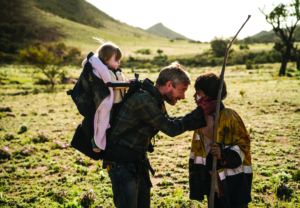
Outback Outbreak: Yolanda Ramke and Ben Howling on Cargo and the Zombie Film
